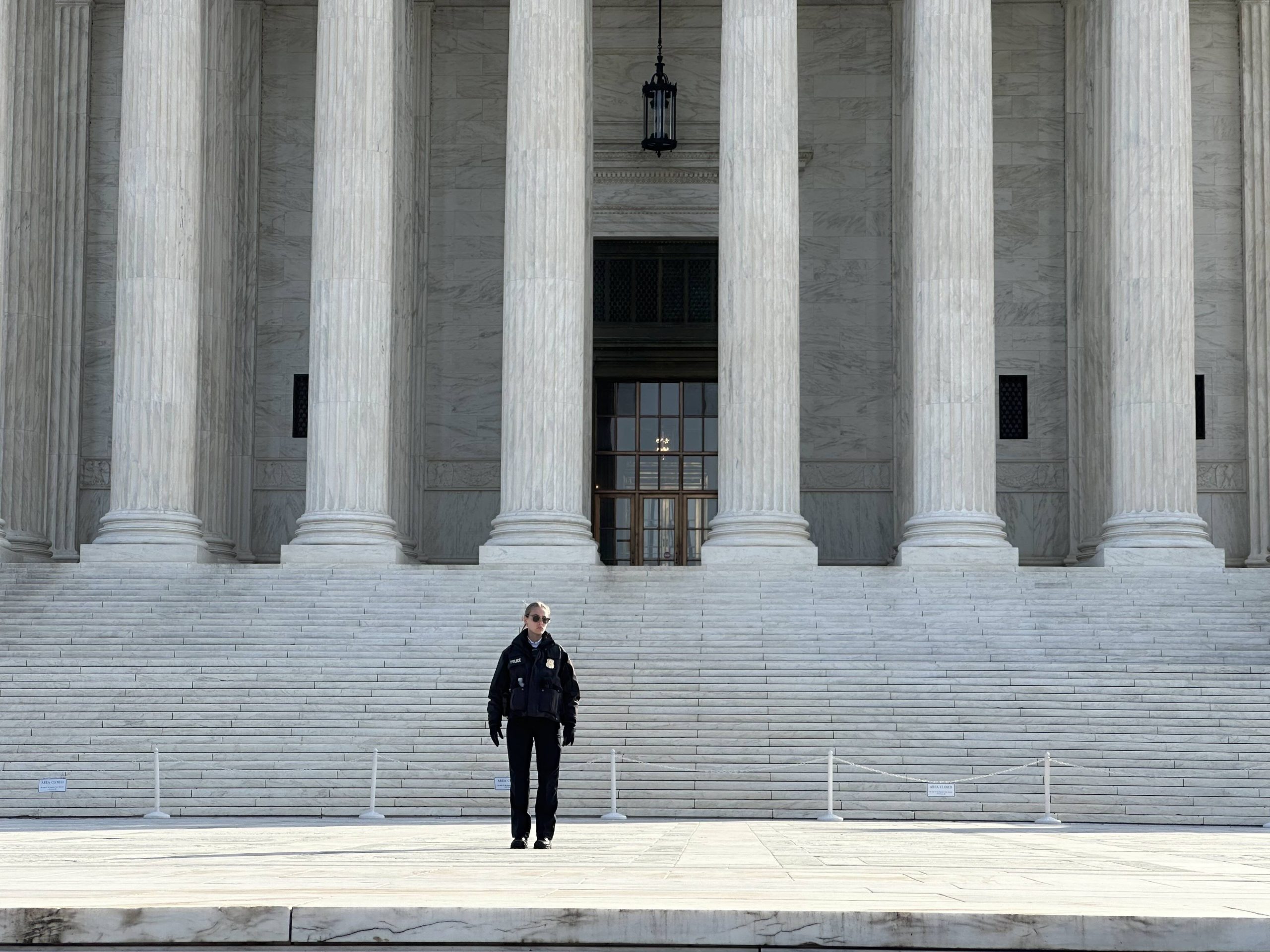SCOTUS NEWS
Justices take up case on right to sue over mistaken SWAT raid

on Jan 27, 2025 at 6:09 pm

The Supreme Court will weigh in on whether a Georgia family whose home was mistakenly raided by an FBI SWAT team can sue the federal government for the error. Just over six hours after the justices issued a list of orders from their Jan. 24 conference, and three days after they granted three cases from that conference, the court issued a new order granting review in Martin v. United States and fast-tracking the case for oral argument, presumably during the 2024-25 term.
The federal government is normally immune from lawsuits. The Federal Tort Claims Act waives that immunity and allows private individuals to sue the United States for the wrongful acts of federal employees if a private individual could be held liable under the same circumstances in the state where the acts occurred. The law carves out an exception to that rule, however, for state-law claims that stem from a government official’s performance of a discretionary duty or function.
The couple at the center of the case, Curtrina Martin and Hilliard Cliatt, live with Martin’s young son in suburban Atlanta. In 2015, the FBI intended to execute a no-knock warrant at the home of a gang member, Joseph Riley. Instead, the agents and SWAT team went to Martin and Cliatt’s home. The couple lived less than 500 feet from Riley in a house that looked similar to his, but had a different address number and was on a different street.
The SWAT team entered the house before dawn with a flashbang grenade – an explosive device that produces a bright flash of light and a very loud noise. Members of the team handcuffed Cliatt and pointed guns at both Martin – who was only partially dressed – and him.
Eventually the agents realized that they had gone to the wrong house, apologized, and indicated that the FBI would handle repairs for the damages to the house.
Martin and Cliatt filed a lawsuit in federal court in Georgia against (as relevant here) the United States. They brought a variety of state-law claims, including false arrest, negligence, false imprisonment, and assault and battery, under the FTCA.
The U.S. Court of Appeals for the 11th Circuit upheld the district court’s dismissal of Martin and Cliatt’s claims. The family then came to the Supreme Court, which agreed on Monday to decide whether their claims under the FTCA are barred under the Constitution’s supremacy clause, on the theory that decisions like the one at issue by the FBI agents in this case can have a connection to advancing federal policy and therefore takes precedence over state law, and to weigh in on the application of the “discretionary function” exception.
In a written statement, lawyers for Martin and Cliatt applauded the decision to grant review. “When police — including the FBI — raid the wrong house, they must be held responsible for the damages,” said Anya Bidwell of the Institute for Justice.
This article was originally published at Howe on the Court.


